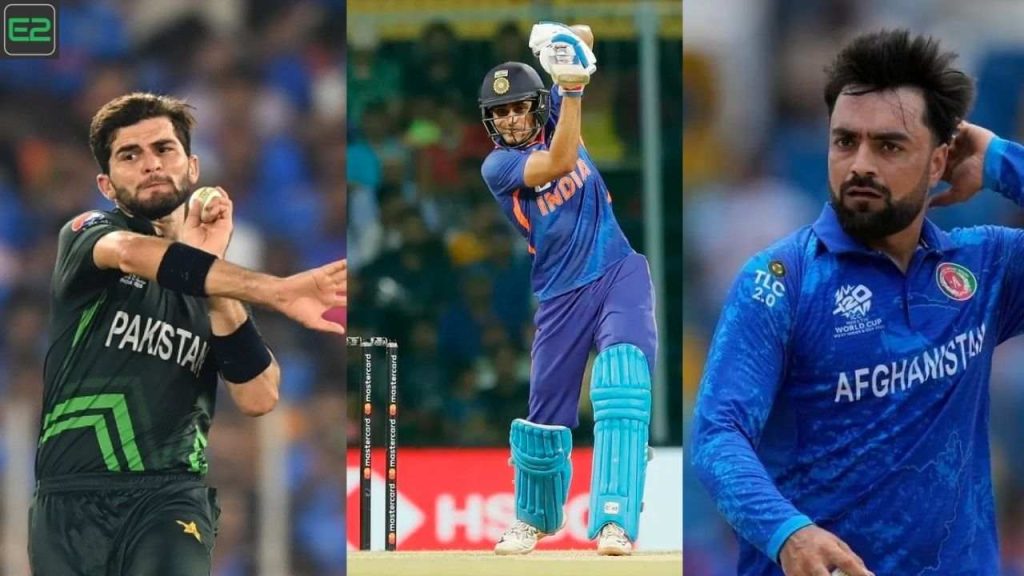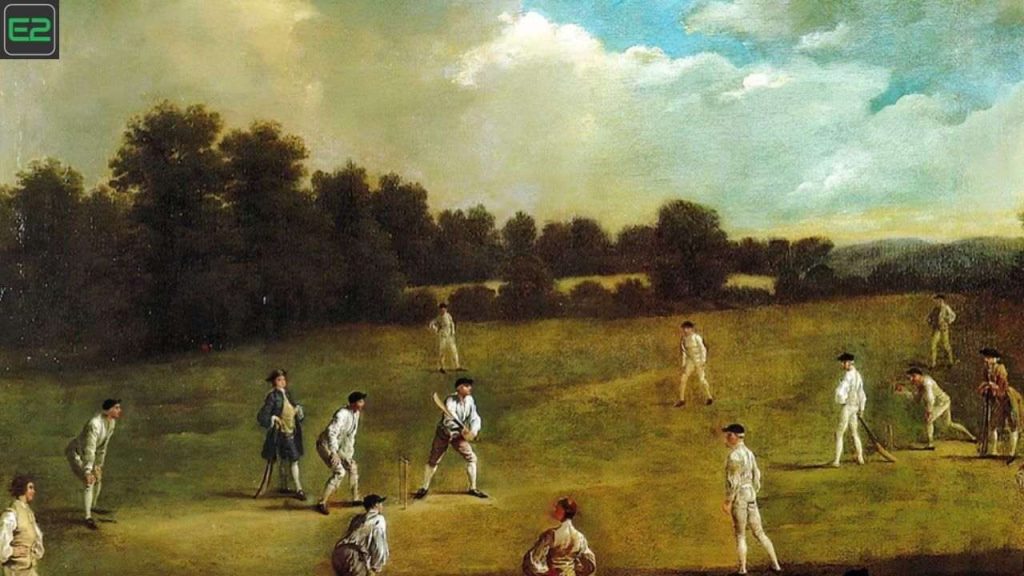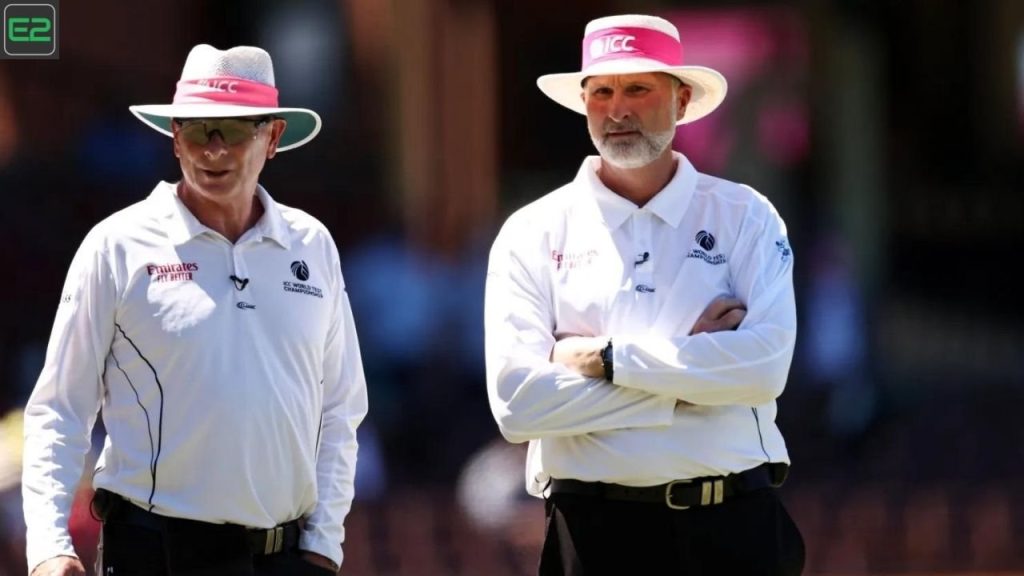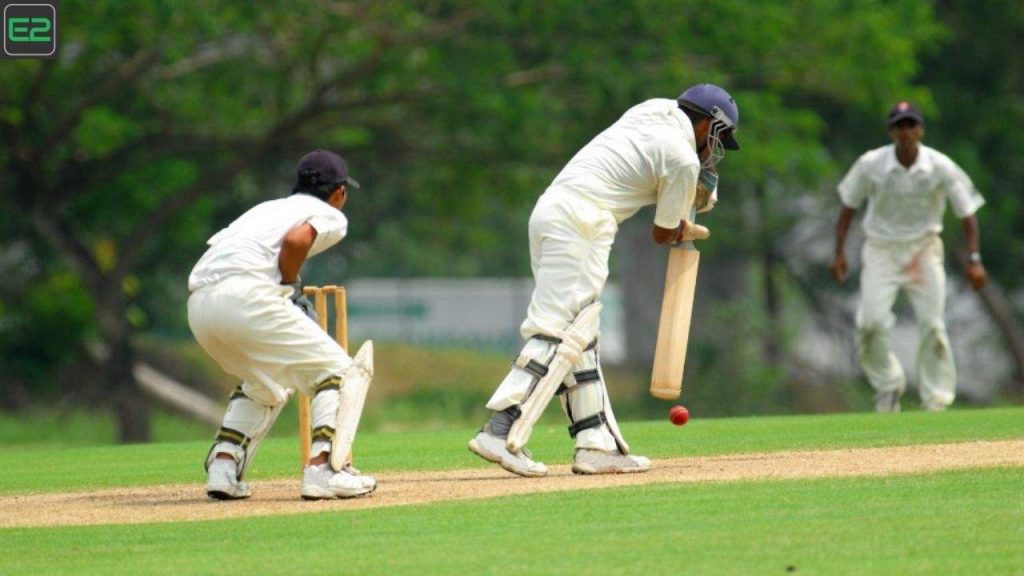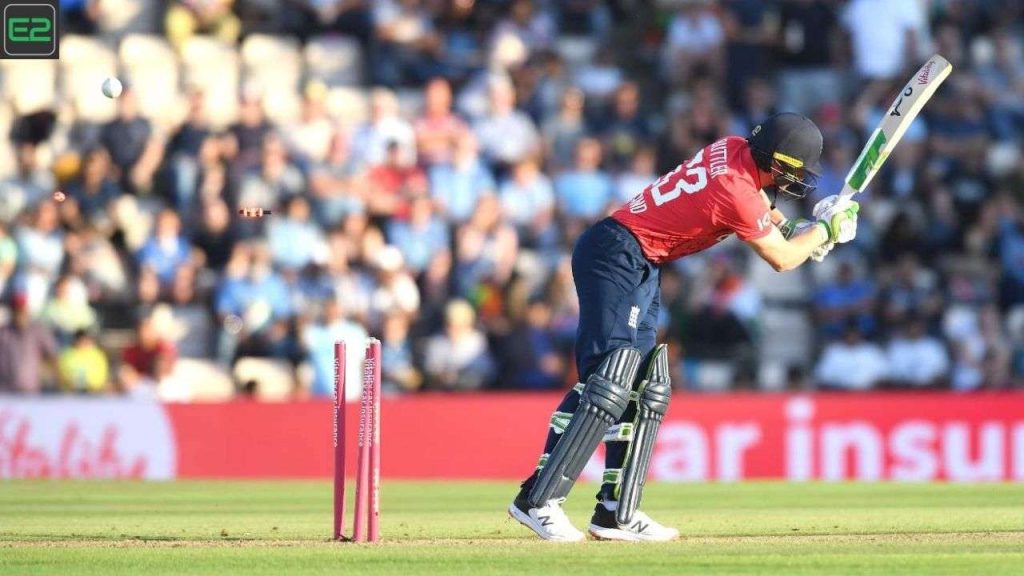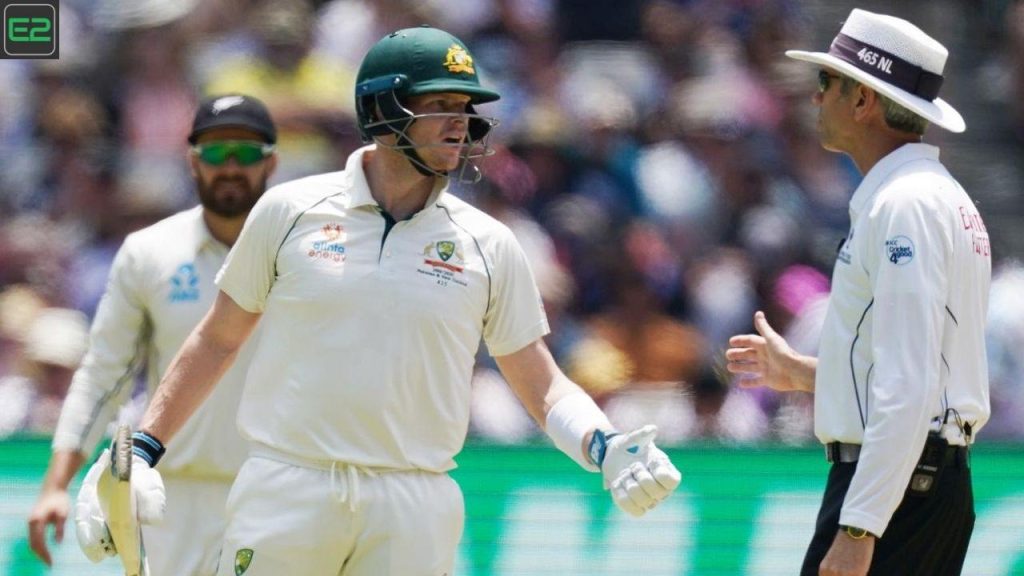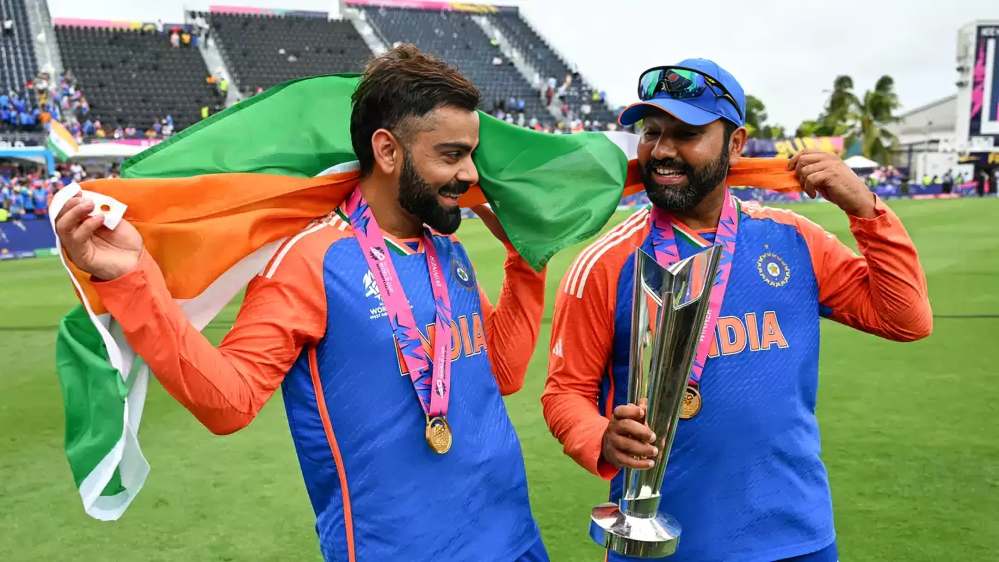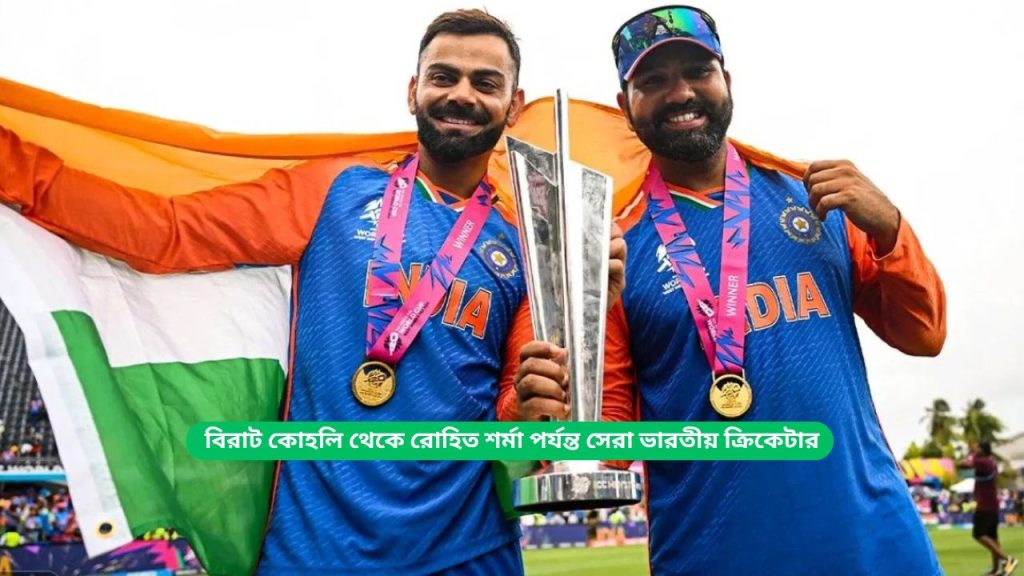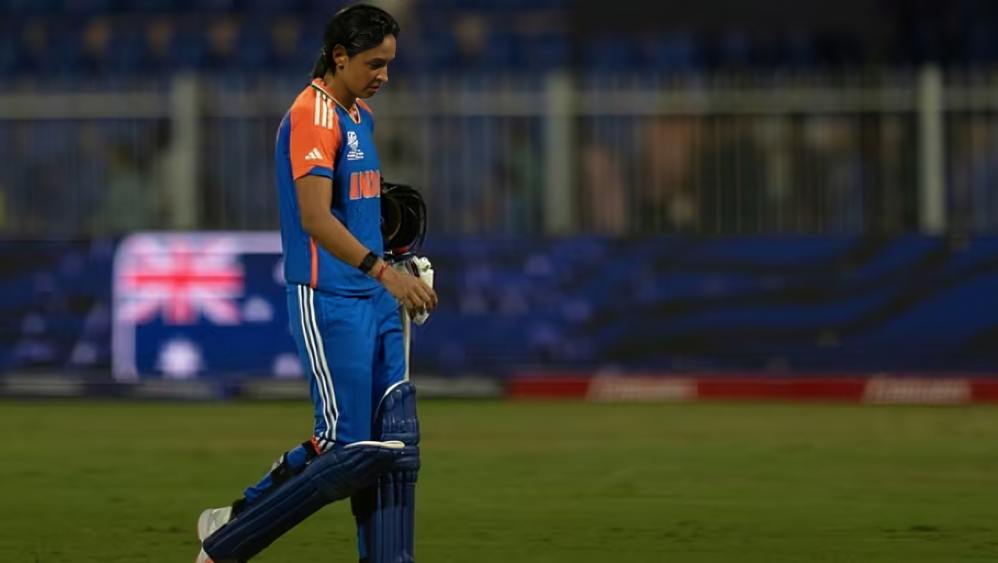Summer of 1984
England had just been traumatised by West Indies for the fourth time in succession, this time at Manchester – in what would ultimately turn out to be a 0-5 rout.
To find some relief in the defeats, a cartoon had done rounds in the English papers, depicting the beleaguered English captain David Gower as saying, “Sure, England can be the best team in the world. Get us ten more South Africans.”
Submerged in the satire was a tribute to Allan Lamb, a man who had stood bravely amidst the superfast missiles, ruins and debris, scoring his third hundred of the series.
28 years later – 2012
As the South Africans prepared to battle for the Basil D’Olivera Trophy, their opponents had already covered more than a third of the way envisaged by the caricature of Gower.
Indeed, captain Andrew Strauss, middle-order pillars Jonathan Trott and Kevin Pietersen, and stumper Matt Prior hailed from the very land from where the challengers for the No 1 Test spot had travelled to England.
Although South Africans have represented England in Test cricket regularly, finding four players in the same team is quite a rarity.
Here is the list of ten South Africans who have played for England. Understandably, five of them did so during the years the southern nation was serving out the ban, isolated by the cricketing world.
1 Basil D’Oliveira (debut 1966)
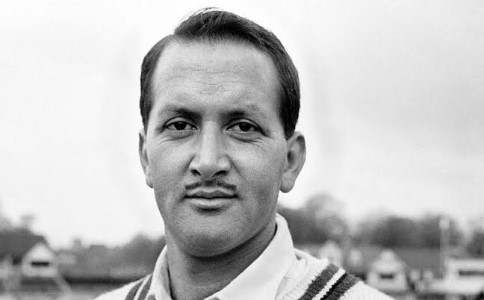
The man after whom the rubber is named – with a long, long history behind it. This Cape Coloured cricketer was recruited as a professional by the Middleton club for the Lancashire League. After some initial hiccups, he became an excellent batsman with a penchant for forcing back-footed strokes, and a more than useful medium-pacer.
He made his debut at the late age of 34 – as par his official age, although he confessed to being older – achieving considerable success. And when this non-white cricketer was chosen to tour his erstwhile home country in 1970, the apartheid professing government refused entry, resulting in cancellation of the tour and finally pushing the South Africans into wilderness for 21 years.
2 Tony Greig (debut 1972)
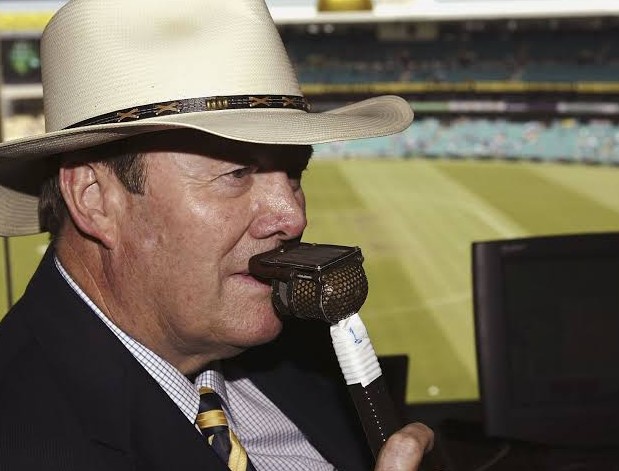
Born in Queenstown, Greig trialled for Sussex in 1965 with the goal of playing Test cricket, and managed it seven years down the line. Never known for sound technique, he nevertheless scored six hundreds, handling both quality pace and spin. And lacking tearaway pace, he picked up 140 wickets, with ten in a match twice.
As a captain, he was admired – nay, adored – in India, but in a decisive moment of indiscretion, earned the relentless wrath of the West Indians. Later, he acted as the trusted lieutenant for Kerry Packer, recruiting cricketers for the World Series Championships which all but split the cricket world into two.
3 Allan Lamb (debut 1982)
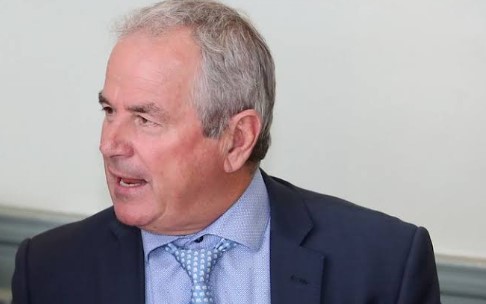
A champion scrapper if there ever was one, Lamb’s figures look ordinary, but six of his 14 hundreds were made against the scary fast bowlers of West Indies. He was more successful in limited-overs matches, once famously scoring 18 off a final Bruce Reid over to win an impossible match for England.
When made aware of South Africa’s negligible chances of re-entering the International cricket circuit, Lamb used the English births of his parents to qualify for England and remained a permanent fixture in their middle order for over a decade.
4 Ian Greig (debut 1982)
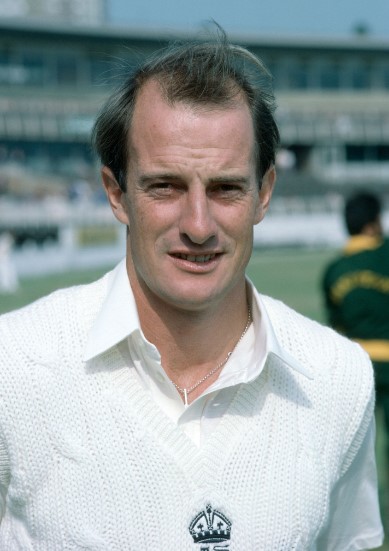
Tony Greig confided to Kerry Packer that Ian Botham would soon usurp his place as the England all-rounder. Greig’s brother, with the same first name as the legendary all-rounder, was nowhere near as tall, as confident or as proficient as him. He thus never really had a chance to push Botham for his place in the side, playing only two Tests with limited success.
5 Chris Smith (debut 1983)
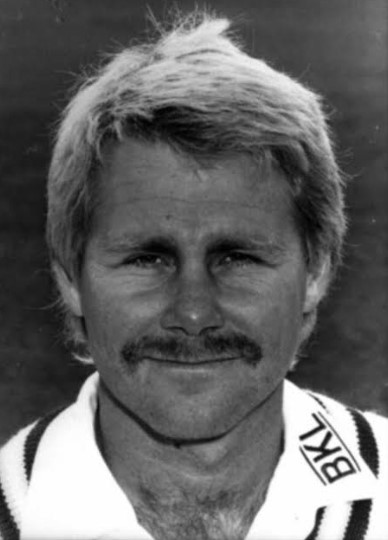
Another lesser cricketing sibling, Chris Smith was a decent batsman who lacked the talent of his more illustrious brother, Robin. Having qualified for England by virtue of his English parents, he was dismissed first ball by Richard Hadlee in his debut at Lord’s. His career amounted to just eight Tests in which he managed a couple of half centuries against Pakistan.
6 Robin Smith (debut 1988)
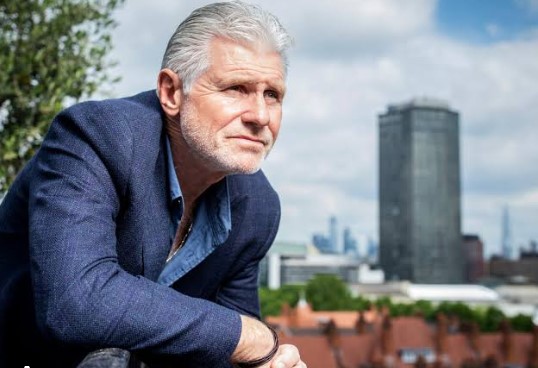
A fantastic player of the hook and cut, he lost much of his aplomb when the bowling became slow. Uncertain and tentative if the ball broke after pitching; he pushed and prodded against turn, keeping the bat-pad men perennially interested. He played his final series in his former homeland, after which he was dropped even though he did not exactly do too badly. His tally of 4236 runs from 62 Tests remains impressive, but there are many who feel that he could have been given a few more opportunities.
7 Andrew Strauss (debut 2004)
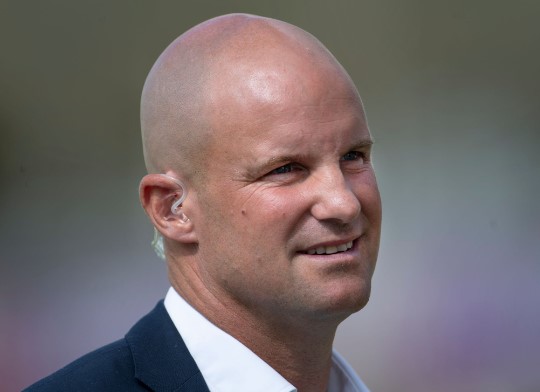
The former English captain may have lacked flourish and may not have exuded charisma, but in his own self-effacing manner he compiled nearly 7000 runs with 21 hundreds in exactly 100 Tests, forged one of the more successful opening collaborations with Alastair Cook, and managed to shepherd England to the top slot of the Test playing world.
One of the safest slip catchers in the world, along with manager Andy Flower he turned the side around during their reign.
8 Kevin Pietersen (debut 2005)
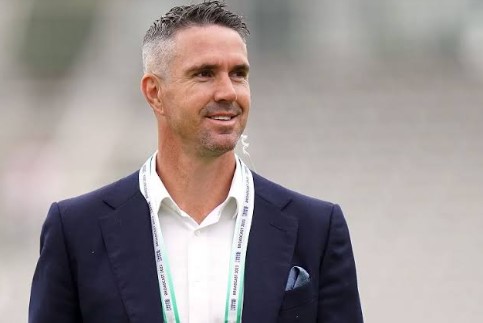
By far the most exciting batsman to play for England since the obscure days of Denis Compton, Pietersen was as brilliant as he was criticised. Leaving South Africa in protest against the quota system, Pietersen became two third of the star appeal that English cricket desperately needed, Andrew Flintoff supplying the other third.
Disputes with teammates and management led to premature end to his career, but more than 8000 runs and 23 centuries, Pietersen did secure establish his place among the pantheon of greats of English batting.
9 Matt Prior (debut 2007)
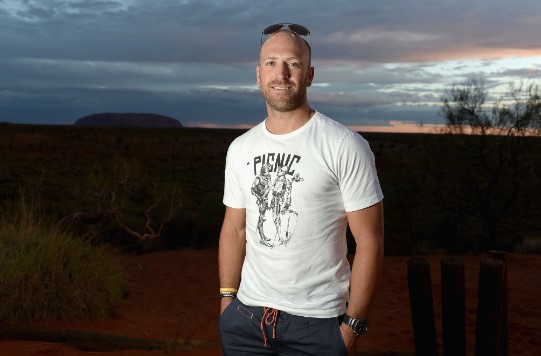
The only South African wicketkeeper to don gloves for England, Prior averages in the 40s with the bat with seven hundreds, able to walk in as high as number six in Tests. One of the rare wicket keepers to score century on debut, his keeping negotiated the initial hiccups, and grew more dependable, even when standing up to Graeme Swann.
10 Jonathan Trott (debut 2009)
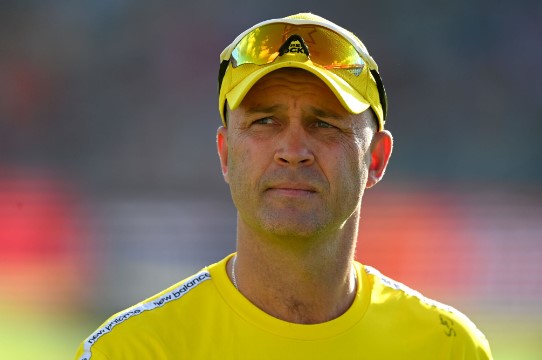
Yet another South African to score a hundred for England on debut, Trott was a picture of composure with cricket in his blood. Somewhere in his family tree, the name of Albert Trott, the great former Australian slow bowling all-rounder, appears, but the exact branch is unclear.He played Under-15 and Under-19 World Cups for South Africa, before deciding to make his fortune in England, helped along by a British passport. He established himself in the pivotal position of number three of the English team and boasted formidable batting average before returning from Australia under the shade of psychological problems.



